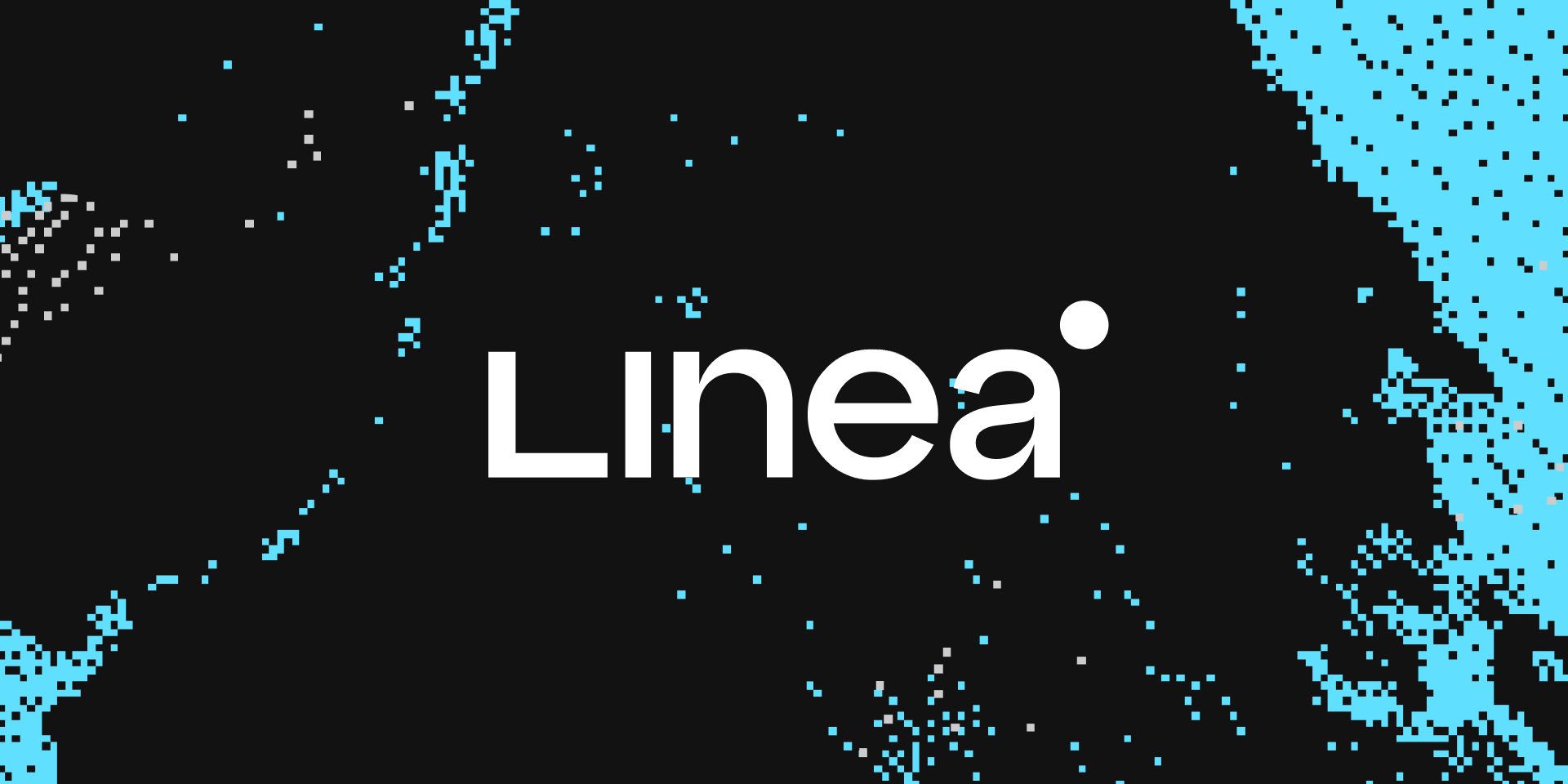Business
Linea blockchain halt highlights slow decentralization of Ethereum L2s
A recent hack on the Linea network has spotlighted the critical need for enhanced decentralization on Ethereum Layer 2 solutions. The incident, which resulted in significant security breaches, has raised concerns among the crypto community about the vulnerability of centralized systems and the pressing necessity for more robust decentralized infrastructure.
-

 Business3 days ago
Business3 days agoCircle stock jumps 167% on NYSE debut
-

 Business3 days ago
Business3 days agoJapan’s ‘Strategy,’ Metaplanet, to buy 91K Bitcoin in next 18 months
-

 Business1 week ago
Business1 week agoMeta won’t buy Bitcoin as shareholders knock back treasury idea
-

 Business1 week ago
Business1 week agoSingapore orders local crypto firms to cease overseas activity by June 30
-

 Business7 days ago
Business7 days agoSEC faces criticism over crypto staking shift
-

 Business1 week ago
Business1 week agoBinance co-founder CZ proposes dark pool DEXs to tackle manipulation
-

 Business6 days ago
Business6 days agoAustralia rolls out new crypto ATM rules as feds flag rising scams
-

 Business1 week ago
Business1 week agoElon Musk says X’s DM feature XChat to have ‘Bitcoin-style encryption’

























